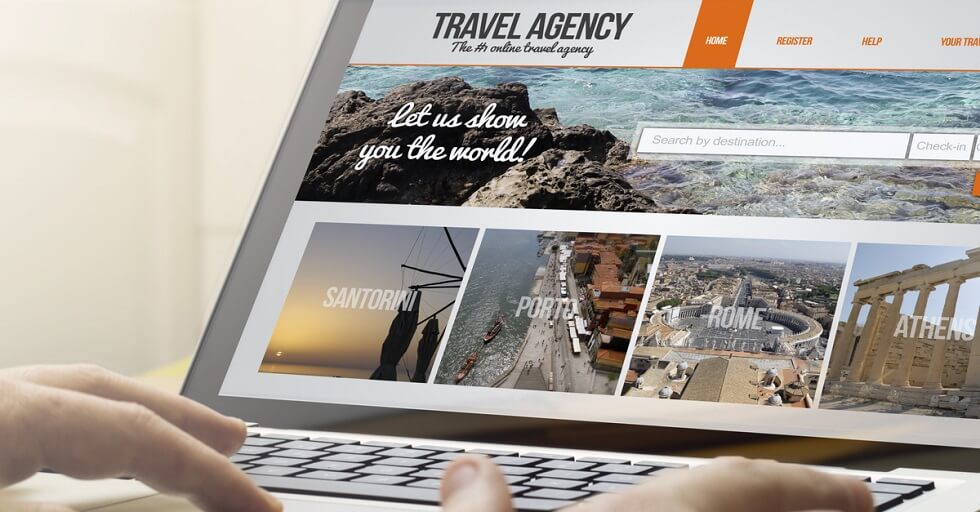When a company that sold you something declares bankruptcy before delivering, it’s easy to throw your hands up in the air. Last year, amid the Covid crisis, travel companies and airlines were filing for creditor protection left and right. Major retail chains like JC Penney and Neiman Marcus also went belly up. It’s moments like these that people need to consider the oft overlooked option to pursue a chargeback.
For consumer goods, the options to pursue to recoup your money are straightforward. As with all merchants, you should try to contact them for a refund before pursuing a chargeback. Only if you cannot get ahold of anyone or they refuse to return your money should you proceed with a payment dispute.
Within the travel and hospitality sector, there are some finer points regarding how to get your money back depending on the type of vendor. Below is an explanation of how chargebacks work in the travel sector.
Whatever you do, you should always try to make important high-value purchases on your credit card. While in some countries it’s possible to file a chargeback with either a credit card or debit card purchase, in general one’s financial liability for a purchase gone wrong is less with a credit card.
Tour operators
Within the European Economic Area, tour operators must have insurance to cover the travel and return costs of customers in the event of insolvency. However, there are some loopholes. For example, in Germany, the insurer is only liable for losses up to EUR 110 million. This means that in the case of major bankruptcies like that of the Thomas Cook brand, travelers would only have been reimbursed on a partial basis.
In cases where the insurer rejects an application for reimbursement, a chargeback can be filed, according to Visa and MasterCard rules. At least with Visa, cardholders can apply for partial chargebacks as well for tour packages that were only partially refunded.
Online travel agencies (OTA)
Travel agencies act as a middlemen and pass on the money to the airline, hotels and other service providers. If you then want to file a chargeback for item/service not received, however, it would impact the travel agency and not the service providers. This is because the OTA has the responsibility to ensure that the service it sells is actually provided.
Hotels
There are no special circumstances surrounding hotel chargebacks. If you make a reservation at a hotel that goes bankrupt, contact them for a refund. If they refuse to offer one, file a chargeback for “service not received” to get your money back.
Airline tickets
Your first step when your airline declares bankruptcy should be to find a replacement ticket. Once an airline declares bankruptcy and ceases operations, competitors will likely offer rescue fares. These fares are usually discounted for those with valid tickets for the now defunct airline.
After you have secured alternative arrangements, you should pursue a refund from the insolvent airline. Sometimes your travel insurance will cover the tickets and any re-booking costs and you won’t need to deal with the airline. In 2020, the U.S. Department of Transportation (DOT) also obligated airlines to provide their customers full refunds (ticket price and any cancellation fee) for flights that had to be canceled due to COVID-19.
If you’re not covered by travel insurance or the DOT’s directive, contact the airline. If they do not get back to you or refuse to provide a refund, you should then file for a chargeback with your bank.
Fighting Chargebacks
For merchants looking to fight illegitimate chargebacks, I would recommend checking out this blog post.
For more information, contact us at Justt








